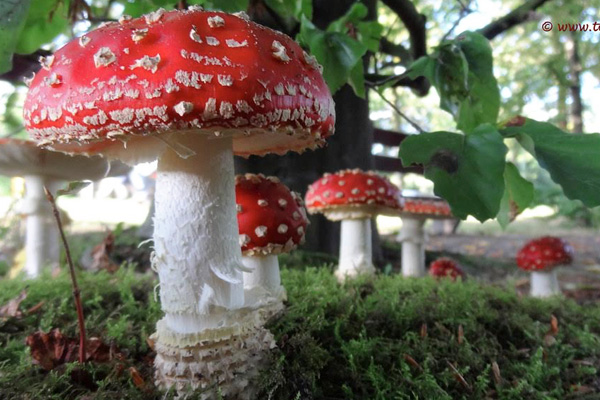IT’S A GROWTH INDUSTRY –
AUGUST 3, 2021 – From Massachusetts to California, advocates are actively making new strides to reform local laws governing psychedelics like psilocybin and ayahuasca—building on a national movement that has already seen numerous cities decriminalize entheogenic substances.
The momentum of the psychedelics decriminalization movement is abundantly clear when one considers the geopolitical landscape that’s being targeted by activists associated with Decriminalize Nature of late. The latest cities where the reform move is generating steam are Easthampton, Massachusetts; Grand Rapids, Michigan and Arcata, California. In Grand Rapids, a local lawmaker who is advising the city’s chapter of Decriminalize Nature recently said that he feels there’s enough support to advance a psychedelics decriminalization resolution.
“In terms of my discussions with my colleagues, they’re all very open minded to it; They all have a lot of questions,” City Commissioner Kurt Reppart to MLive. “Several of them have expressed explicit support. I believe we have enough support to pass a resolution.”
He said the measure could go to a vote by the end of the year, though no actions are currently scheduled. City attorneys are currently reviewing the proposed language, after which point it would be sent to the city commission’s Legislative Committee to advise on whether the body should approve or reject it.
“The best case scenario for me is that during the fall it would come up and it would pass with a resounding vote,” he said.” I don’t know if it would be unanimous, but it would be a strong vote.”
As with most Decriminalize Nature proposals, the one being planned would not legalize the psychedelics, but simple possession and cultivation offenses involving the substances would be deprioritized for law enforcement.
If approved, this would be the second Michigan city to pass psychedelics decriminalization, following the Ann Arbor City Council’s unanimous vote to pass a similar resolution last year.
“Decriminalizing things that are not harming anyone ought to be the first thing that we take away from law enforcement and say, ‘You know what, we’ve been asking you to do that. You no longer have to go to those places where you don’t have the training and the expertise and it’s always uncomfortable,’” Reppart.



